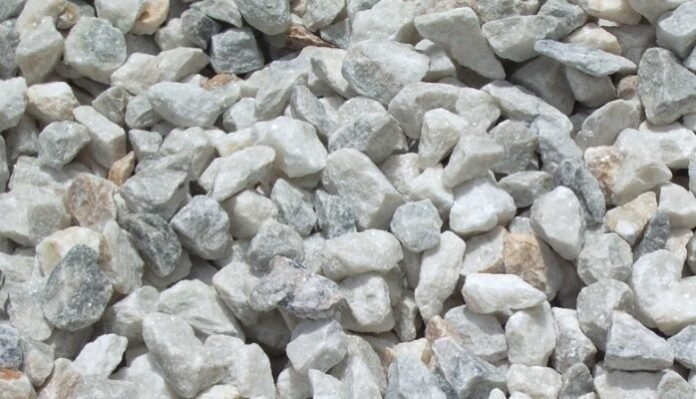Introduction to Ground Calcium Carbonate
Ground Calcium Carbonate, often abbreviated as GCC, is a versatile mineral substance widely used in various industries for its unique properties and applications. It is derived from natural limestone deposits and undergoes extensive processing to produce finely ground particles suitable for a myriad of manufacturing processes. In this article, we’ll explore the benefits and uses of Ground Calcium Carbonate across different sectors.
Properties of Ground Calcium Carbonate
Ground Calcium Carbonate is primarily composed of calcium carbonate crystals with varying degrees of purity and particle sizes. The key properties that make it desirable for industrial applications include:
- Whiteness and Brightness: Ground Calcium Carbonate exhibits excellent whiteness and brightness, making it ideal for applications where color purity is essential, such as in the production of paper, paints, and coatings.
- Particle Size Distribution: The particle size distribution of Ground Calcium Carbonate can be tailored to specific requirements, allowing manufacturers to achieve desired performance characteristics in their products.
- Chemical Inertness: Ground Calcium Carbonate is chemically inert, meaning it does not react with other substances, making it suitable for use in various chemical processes and as a filler material in plastics and rubber.
- Abrasion Resistance: Due to its hardness and abrasion resistance, Ground Calcium Carbonate is commonly used as a filler and extender in products like plastics, adhesives, and sealants to enhance durability and performance.
Applications of Ground Calcium Carbonate
Ground Calcium Carbonate finds widespread applications across diverse industries due to its versatility and advantageous properties. Some of the key sectors where it is extensively used include:
- Paper Industry: Ground Calcium Carbonate is a crucial component in the paper manufacturing process, where it is used as a filler and coating pigment to improve paper quality, brightness, and opacity. By incorporating Ground Calcium Carbonate, paper manufacturers can reduce production costs and enhance the printability of paper products.
- Paints and Coatings: In the paints and coatings industry, Ground Calcium Carbonate serves as an essential additive to improve the viscosity, rheology, and covering power of paint formulations. It also contributes to the opacity and durability of coatings, making them more resistant to weathering and abrasion.
- Plastics and Rubber: Ground Calcium Carbonate is widely employed as a filler and reinforcing agent in plastics and rubber products to enhance mechanical properties such as stiffness, impact resistance, and dimensional stability. It also helps reduce material costs without compromising product performance.
- Construction Materials: In the construction sector, Ground Calcium Carbonate is used in the production of cement, concrete, and asphalt to improve workability, strength, and durability. It acts as a filler, extender, and rheology modifier, contributing to the overall performance of construction materials.
- Pharmaceuticals and Cosmetics: Ground Calcium Carbonate is utilized in pharmaceuticals and cosmetics as an excipient, bulking agent, and abrasive due to its inert nature and fine particle size. It helps improve the texture, stability, and efficacy of oral medications, skincare products, and cosmetics.
Environmental Benefits of Ground Calcium Carbonate
In addition to its numerous industrial applications, Ground Calcium Carbonate offers several environmental benefits:
- Resource Efficiency: Ground Calcium Carbonate is derived from abundant natural limestone deposits, making it a sustainable alternative to other mineral fillers and extenders.
- Carbon Sequestration: The production of Ground Calcium Carbonate from limestone can contribute to carbon dioxide (CO2) sequestration, helping mitigate greenhouse gas emissions and combat climate change.
- Waste Utilization: Ground Calcium Carbonate can be produced from industrial by-products such as marble and chalk waste, reducing landfill waste and promoting circular economy principles.
Conclusion
Ground Calcium Carbonate, supplied by Mewar Microns and other reputable manufacturers, plays a vital role in modern manufacturing across various industries. Its unique combination of properties makes it an indispensable ingredient in products ranging from paper and paints to plastics and pharmaceuticals. With ongoing research and innovation, the applications of Ground Calcium Carbonate continue to expand, offering sustainable solutions for diverse industrial and environmental challenges.


